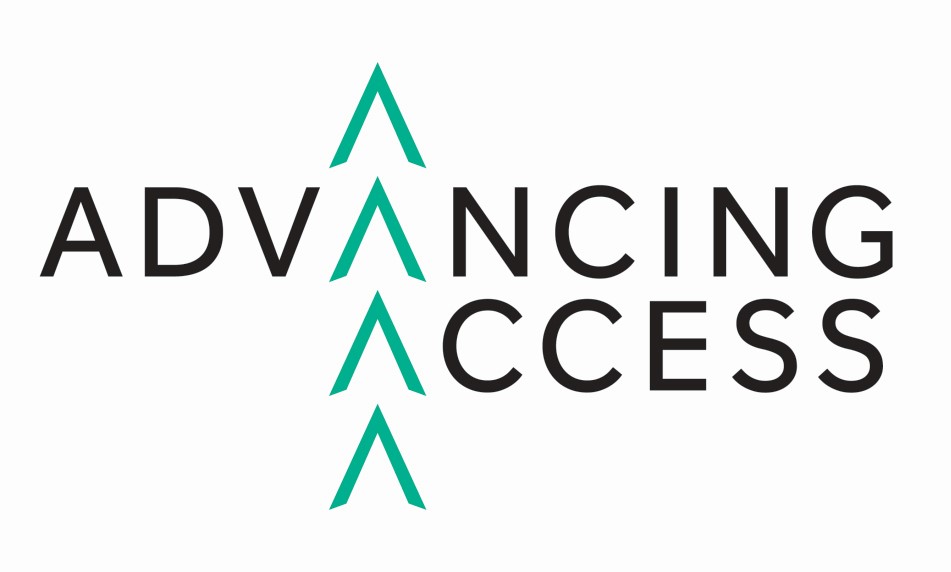Information, advice and guidance
Changing the way students can access careers advice
Two new apps have been released by the Universities Minister in a bid to simplify the wealth of information surrounding university and career choices for students. These interactive resources are available to download on mobile phones and tablets and are also available on the developers’ websites. Whilst they predominantly use recent graduate earnings data from the Department for Education and the Office for National Statistics, it is important to note that the financial focus on future earnings is not the only important factor for students to consider when making university course and career decisions.

1. 'Think uni' - https://www.thinkuni.org/
This resource allows students to search for a particular subject and university, finding out general information about the university including its environment type (campus or city-based), its league table ranking and teaching excellence rating, graduate employment rates for specific courses and student satisfaction levels. The app also has a digital university assistant feature which asks students a number of questions and matches them to different universities based on their answers and current graduate data.
After entering their predicted A-level grades, the university assistant asks the students questions on the following topics: the importance of teaching quality and university ranking, what university environment they are looking for, what kind of company they would like to work for after university, potential earnings, cost of living and type of accommodation. When a student is matched on a scale of 1-10 to different universities for their chosen subject, they are shown the universities they could apply to if they:
> achieve better than their expected grades
> accomplish their expected grades
> achieve less than their expected grades
They can then shortlist the suggestions and compare numerous factors relating to their matched universities. For instance, the finance page shows the salary range (after graduation) for their chosen subject at the different universities over a five year period.
By clicking on the ‘show me’ button, students can see further details for each short-listed university allowing them to better consider their choices and analyse graduate outcomes. There are pages on general information, financial information such as the maximum university fee per year, the approximate cost of university accommodation and living costs as well as a page on ‘what your future looks like’ with pre-tax and post-tax monthly and annual salaries for that particular course and university. The final tab on ‘things to do next’ advises students to talk to their families, plan university open-day visits, gain some experience in the subject area and talk to a careers advisor. There is also a link to the university website for further information.
This app is very easy to use and accessible for A-level students applying to university or those who wish to think ahead before they start Key Stage 5. It is hoped that this free online platform containing up-to-date information will help inform students’ further education and career decisions.
2. 'The Way Up!' - https://www.thewayup.co.uk/
This game takes students on an interactive journey where they initially choose up to three career paths to follow, they then decide on a job followed by a university and course where they can accept their ‘offers’ and finally, they see how their ‘life might play out’ by considering earnings and living costs.
At the start of the game, students can choose from many different industries some of which include: business, architecture, media, science, health, government, tech, retail, agriculture & environment. After selecting an industry and a career path, students will be able to see further details about the specific sector. They will then be shown a number of jobs that are available as well as the salary range and the skills needed for the job. Users can also see the educational requirements in the right hand corner – for example, whether the job requires a bachelor’s or postgraduate degree and if certain subjects should be taken. When confirming their choice, it goes into the ‘bank’ on the left hand side of the page. Students can select three jobs in any industries to compare.
The next stage of the game illustrates how the students will attain their desired job by giving them a choice between their education options – whether they are taking A-levels or an Apprenticeship. If studying an apprenticeship, students can pick an apprenticeship in a certain subject and the app calculates the salary one year and three years’ post-apprenticeship, followed by the jobs that are available after undertaking that particular apprenticeship. For the A-level option, students select their subjects and grades (or predicted grades if they are younger). The game generates subject options the student can take at university depending on their predictions or grades. Included in the description of the courses is the average salary earnings one year and five years after graduation. When students choose a subject, they are shown a selection of universities and they can select five courses/universities to save on the game. The game also predicts the students’ chance of success or acceptance (out of 10) comparing their grades to previous students and the level of competition at each university. Users can view the different universities that offer related degree subjects and courses, as well as the predicted annual salary boost and the most popular courses. Students will then ‘accept’ an offer from a university and the game will display possible career paths if the student decides to study that particular subject.
After picking a job, students are directed to a lifestyle dial which calculates living costs after graduation. The game calculates how much money users will spend monthly and how much they will be able to save based on their lifestyle choices relating to food, travel, housing, entertainment, clothes, travel etc. Students are then granted promotions over time within their job field and therefore, they are able to see the opportunities for progression and career advancement.
These two apps are good tools for students to use in accompaniment with the careers and university advice that you and your colleagues already provide students with. It is important to note that these apps were not intended to replace the more personal advice and first-hand teacher support that is offered to students. We hope that your students have fun experimenting with the apps and they help students find out about all of the different possibilities available for their exciting futures!
Unlock the full features
of Advancing Access
Create an account
To comment on our blog posts you need to either sign in or register an account. A free Advancing Access account will also enable you to:
>Download our full collection of CPD resources
>Take part in our online Virtual Conferences
>Keep up to date with the latest developments with our occasional emails (opt out available)








Comments